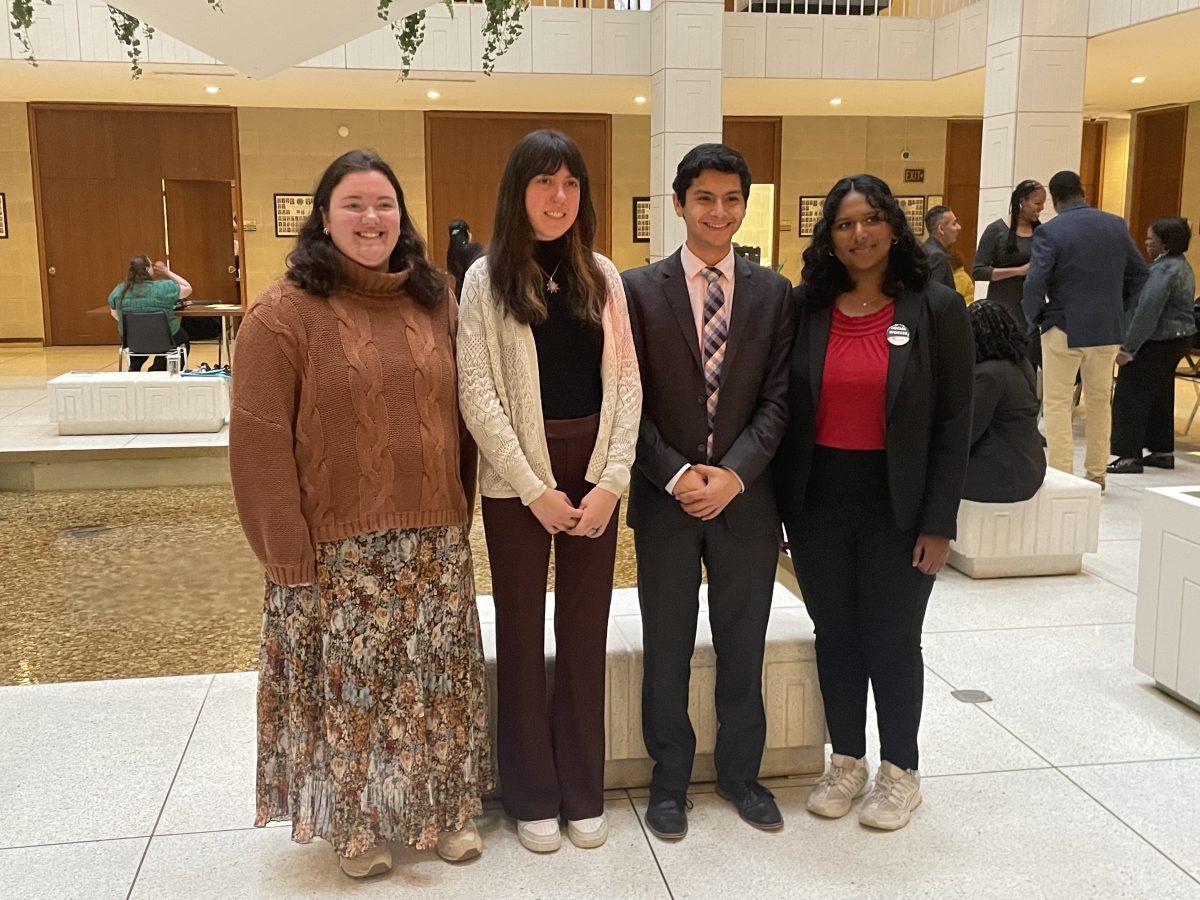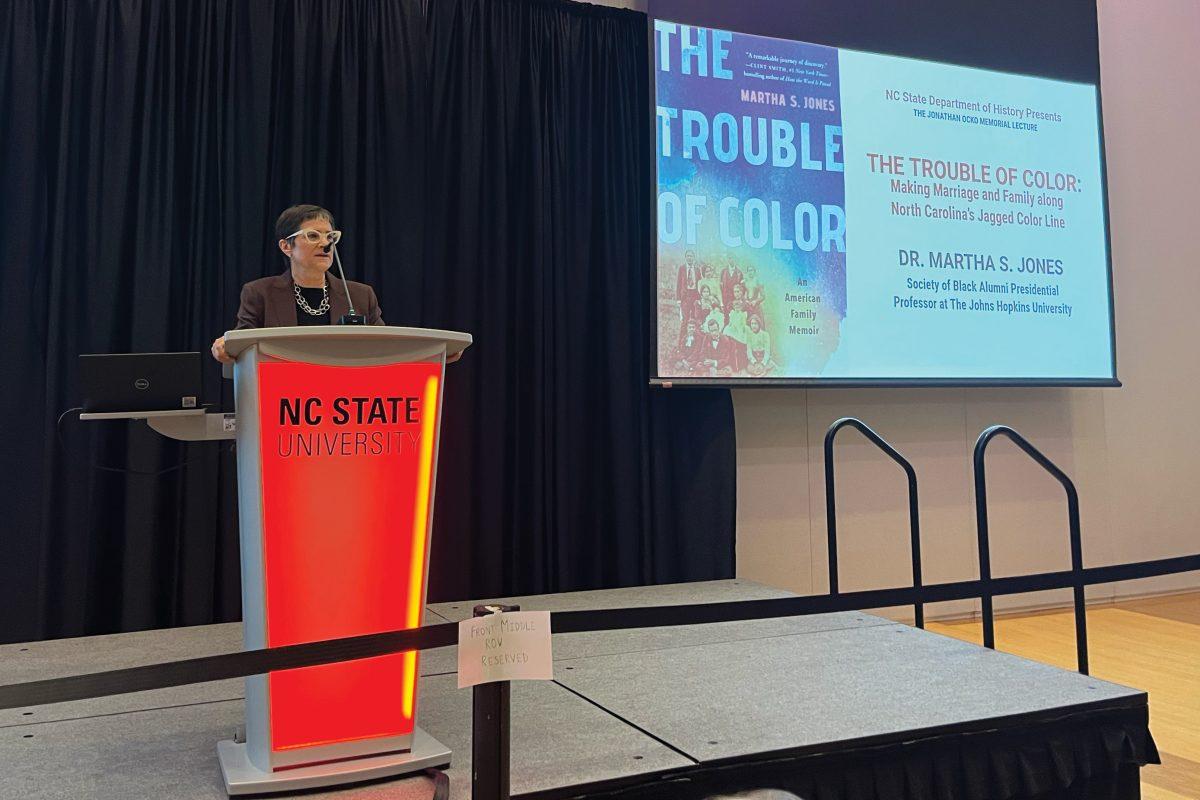Students, professors and advocates took to the State Legislature to participate in North Carolina Social Work Advocacy Day on March 5, aiming to highlight the importance of social workers to the Raleigh and North Carolina community.
The event, planned by the state chapter of the National Association of Social Workers, invited students and advocates to meet with legislators and discuss issues the field of social work is facing, including burnout and low pay.
Maura Nsonwu, a professor at the NC State School of Social Work, said social workers are an important aspect of every community.
“Social workers really work with people from the cradle to the grave,” Nsonwu said. “We work with all different kinds of individuals, families, populations, communities, issues and so it’s very broad in that respect.”
Libbie Vanhook, a fourth-year studying social work and a participant in the advocacy day, agreed with Nsonwu’s assessment.
“Social workers are really big advocates for people that are marginalized in a community,” Vanhook said.
Nsonwu said Social Work Advocacy Day helps social workers get involved in causes that affect them and be a part of a collective voice for changes they believe are necessary.
“I think it’s a great way to really get to know our legislators and to build relationships and to educate them about the circumstances of the communities we work with,” Nsonwu said.
Nsonwu said the field of social work is facing issues such as burnout and compassion fatigue. She said social workers often have to deal with difficult situations and be compassionate and understanding to clients and communities, causing exhaustion.
“When you’re looking at hospice, death and dying, that’s tough, right?” Nsonwu said. “So I think compassion fatigue and burnout are different sides of the same coin, but they both take a toll on social workers.”
Nsonwu said education can help prepare students to face some of the challenges of the profession, including compassion fatigue. She said having a consistent curriculum that tackles and prepares students for these issues is critical.
Vanhook also highlighted concerns surrounding uncertainty and the current political climate. Social work nonprofits often receive a high share of their funding from the government.
“Social work is kind of inherently political,” Vanhook said. “We’re advocates for the people that are oppressed and disadvantaged in society.”
Nsonwu said funding can also be an issue, as nonprofits often rely on “soft money” from grants and foundations, which is not always consistent.
During the advocacy day, Vanhook met with Cynthia Ball, a Democratic representative in the N.C. House of Representatives for the 49th district, which encompasses NC State. Vanhook also made brochures promoting the Social Work Interstate Licensure Compact.
The compact would allow social workers to practice in any state that is part of the compact, instead of only the state they are initially licensed to practice.
“It would be really big, because right now, if you’re licensed in North Carolina, you can only practice in North Carolina,” Vanhook said. “So that can be a struggle if people have to move.”
Another goal for Vanhook is restoring master’s-level pay to school social workers. School social workers are not required to have a master’s degree in North Carolina and do not receive any additional pay if they do.
Vanhook said students shouldn’t hesitate to get involved in advocacy.
“It’s really important, even if it doesn’t affect you personally,” Vanhook said. “It kind of affects everybody.”
Advocacy Day allowed Vanhook to meet different types of students and individuals involved in social work.
“People from all different backgrounds, we kind of all came together to unite for a common good,” Vanhook said.












